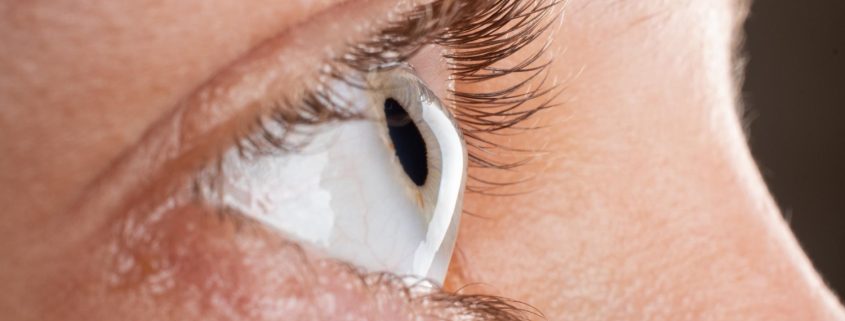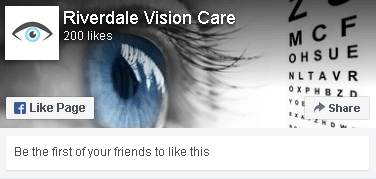What is Keratoconus?
Any time that your vision changes or you are having trouble with your vision, you should make an appointment to see your eye doctor. Subtle changes in vision can sometimes indicate the development of serious conditions, such as keratoconus in Riverdale, NJ.
What is Keratoconus?
Keratoconus is a progressive eye condition in which the cornea, the clear front surface of the eye, gets thinner. Over time, the actual shape of the cornea can be warped, shifting into more of a cone shape, and causing the cornea to bulge outward, leading to distorted vision. Keratoconus usually occurs in both eyes at the same time, but one eye may be more severely affected than the other.
Symptoms of Keratoconus
Symptoms of keratoconus may include blurred vision, distorted vision, sensitivity to light, and trouble seeing at night. The condition is typically diagnosed in people between the ages of 10 and 25, and it tends to progress slowly over time.
Risk Factors of Keratoconus
- Genetics – Keratoconus is often hereditary, so having a family history of the condition can increase your risk.
- Age – Keratoconus usually develops in people in their late teens or early 20s.
- Eye rubbing – People who rub their eyes excessively may be at higher risk of developing keratoconus.
- Certain medical conditions – Some medical conditions, such as Down syndrome, Ehlers-Danlos syndrome, and Leber’s congenital amaurosis can increase the risk of keratoconus.
- Certain medications – Certain medications have been linked to an increased risk of developing keratoconus.
- Environmental factors: Exposure to UV radiation, such as sunlight, and other environmental factors may increase the risk of keratoconus.
It’s important to be aware of these risk factors and to discuss them with your eye doctor if you are concerned about your risk for developing keratoconus. Regular eye exams can help detect the condition early, which can help prevent vision loss and other complications.
Treating Keratoconus
There is no cure for keratoconus, but the condition can be managed with treatment, which may include eyeglasses, contact lenses, or surgery. In some cases, a corneal transplant may be necessary to improve vision. It is important for people with keratoconus to see an eye doctor in Riverdale, NJ regularly to monitor the condition and receive appropriate treatment.
If you suspect you may have keratoconus, you will need a professional diagnosis and management plan. For more information about keratoconus and help with the condition, please contact us today.






Leave a Reply
Want to join the discussion?Feel free to contribute!